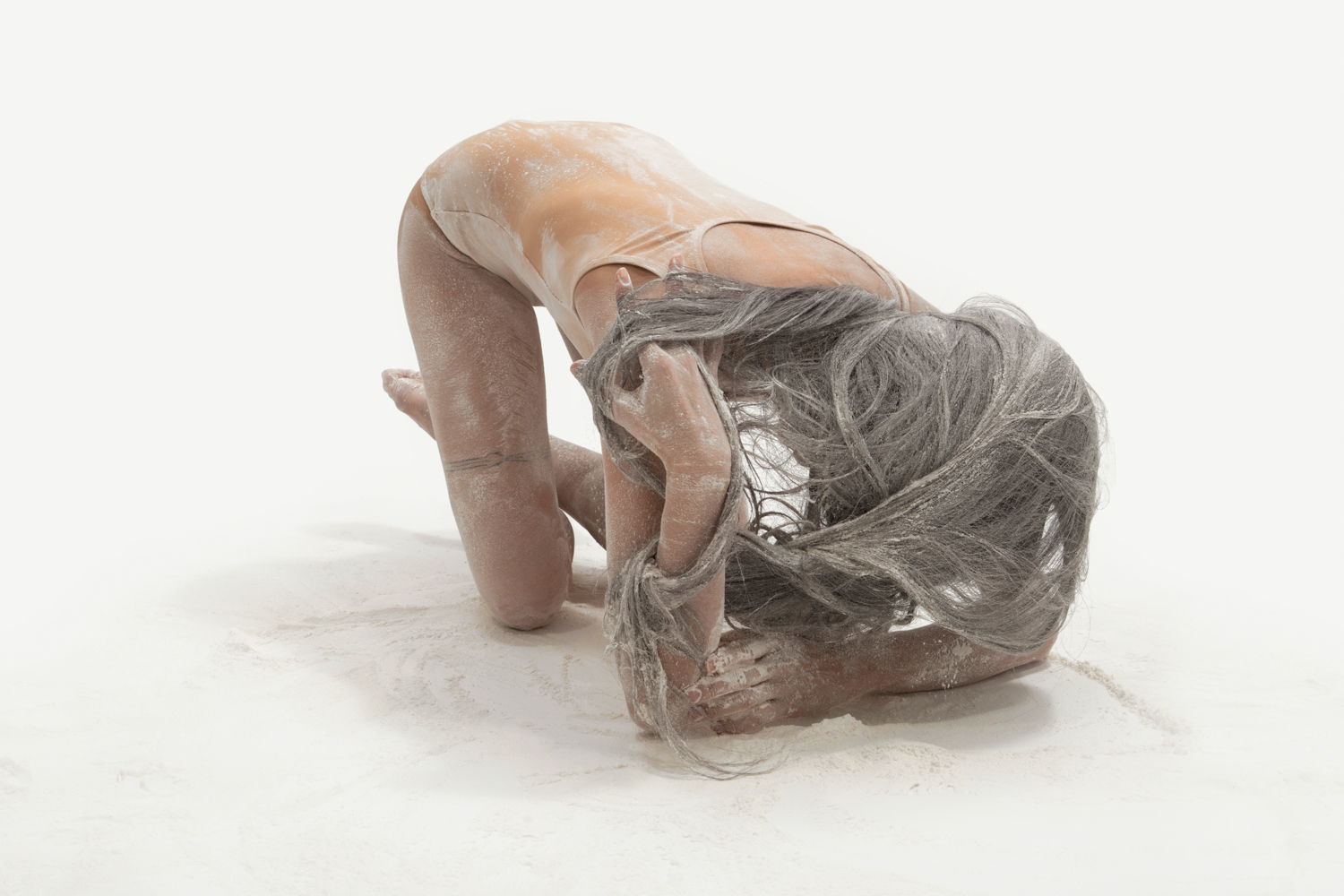




























Selection from Ashes, collaboration with Alexandra Jacob, 2016.
Bearing pain is always a matter of placing it into a larger context, so that it both loses its overwhelming power and is given the space it needs to move. The more isolated we are, the more pain we feel—that is, the more personal, cramped, and unbearable it becomes. Any practice that helps us to expand the field of our care, can only help us to bear our pain and suffering.
The normal failure of language under the assault of pain is a common, but not devastating experience. A pain that lasts for months or years, however, constitutes a radical constriction of language. There is simply nothing that can be said. Prolonged pain opens on a wordless terrain where all communication threatens to stop. At its most intense or most protracted, prolonged pain serves as the expression of an otherness so alien that we have no language with which to comprehend it. It remains closed off. We live either wholly inside or wholly outside its domain. Outside of pain, we can only observe, sympathize. Inside of pain, we obtain possession of a knowledge that defies accurate transmission.
Pain is unknowable, except while being lived. Here, it is significant to emphasize the mysteriousness of pain: its connection with the unknown. Mysteries imply a truth necessarily closed off from full understanding. In resisting closure and in retaining an essential openness, mysteries introduce us to unusual states of being which we enter into and dwell within.
Pain exists with us as it wraps itself up, for better or for worse, in meaning. The mutable nature of pain—its power to take on new meaning or to abruptly lose, regain, or transform the meanings it temporarily possesses—contains areas of mystery where firm answers are simply unavailable. Its meanings must leave space not only for what we know and will come to know, but also for what may remain forever unknown.